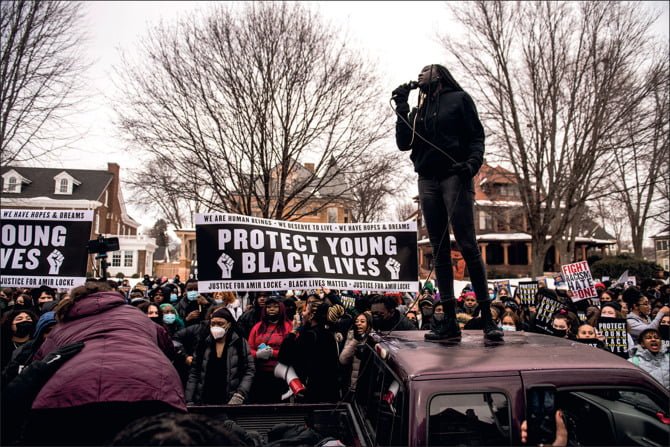Physical Address
304 North Cardinal St.
Dorchester Center, MA 02124
Physical Address
304 North Cardinal St.
Dorchester Center, MA 02124

In recent times, there has been a noticeable surge of interest in black-owned businesses, driven in part by the widespread race protests that have swept across the globe. This newfound attention shines a light on the resilience and entrepreneurship of black business owners, highlighting the importance of supporting these enterprises in the fight for racial equality.
A Groundswell of Support
The tragic killing of George Floyd in May 2020 sparked a global outcry against racial injustice and police brutality. As protests erupted in cities around the world, a parallel movement emerged—one that sought to uplift and support black-owned businesses. Consumers began actively seeking out these businesses to show solidarity and make a tangible difference.
The Impact of Social Media
Social media platforms played a pivotal role in promoting black-owned businesses during this time. Hashtags like #BuyBlack and #SupportBlackBusinesses gained traction, making it easier for consumers to discover and connect with black-owned establishments. Influencers and activists used their platforms to amplify the voices of these entrepreneurs, further driving the surge of interest.
Investing in Communities
One of the reasons for the heightened interest in black-owned businesses is the recognition of their significance within communities. These businesses often serve as pillars of support, offering essential services and employment opportunities. By choosing to patronize these establishments, consumers actively invest in their own neighborhoods and contribute to economic growth.
Challenges Faced
While the increased attention is positive, it also underscores the challenges faced by black business owners. Historically, they have encountered obstacles such as limited access to capital, discrimination, and unequal opportunities. Addressing these systemic issues is essential to creating a more equitable business landscape.
Sustainable Change
The surge of interest in black-owned businesses must translate into long-term support and sustainable change. To do so, consumers can make a conscious effort to continue patronizing these businesses even after the protests subside. Additionally, advocacy for policy changes that address racial disparities in entrepreneurship and access to resources is crucial.
Conclusion
The surge of interest in black-owned businesses amid the race protests represents a positive step towards promoting economic equity and social justice. However, it is essential to recognize that this interest should not be temporary. To create lasting change, individuals, communities, and policymakers must continue to support and empower black entrepreneurs, ensuring that they have equal opportunities to thrive in the business world.